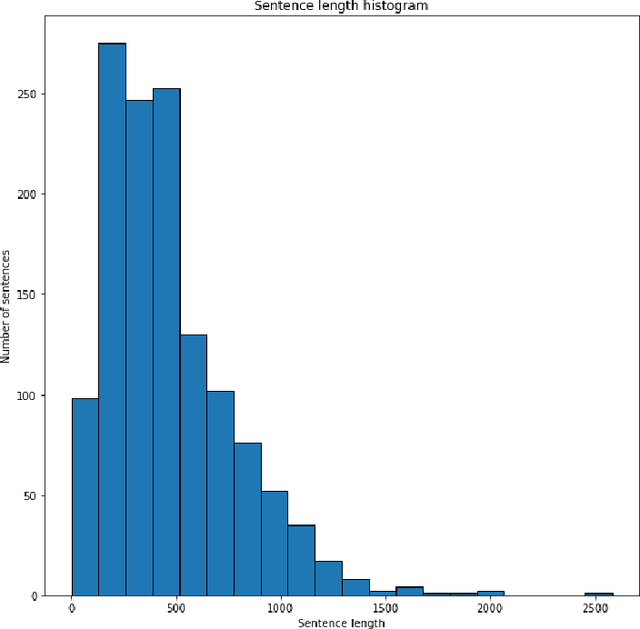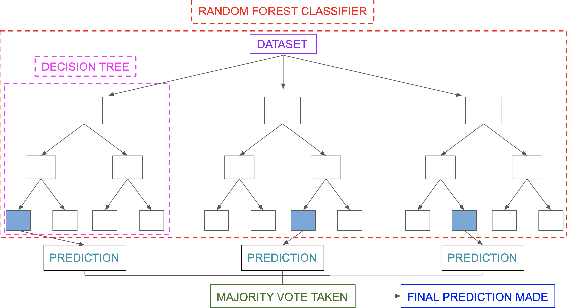Shafin Haque
Improving Clinical Efficiency and Reducing Medical Errors through NLP-enabled diagnosis of Health Conditions from Transcription Reports
Jun 27, 2022



Abstract:Misdiagnosis rates are one of the leading causes of medical errors in hospitals, affecting over 12 million adults across the US. To address the high rate of misdiagnosis, this study utilizes 4 NLP-based algorithms to determine the appropriate health condition based on an unstructured transcription report. From the Logistic Regression, Random Forest, LSTM, and CNNLSTM models, the CNN-LSTM model performed the best with an accuracy of 97.89%. We packaged this model into a authenticated web platform for accessible assistance to clinicians. Overall, by standardizing health care diagnosis and structuring transcription reports, our NLP platform drastically improves the clinical efficiency and accuracy of hospitals worldwide.
3N-GAN: Semi-Supervised Classification of X-Ray Images with a 3-Player Adversarial Framework
Sep 22, 2021

Abstract:The success of deep learning for medical imaging tasks, such as classification, is heavily reliant on the availability of large-scale datasets. However, acquiring datasets with large quantities of labeled data is challenging, as labeling is expensive and time-consuming. Semi-supervised learning (SSL) is a growing alternative to fully-supervised learning, but requires unlabeled samples for training. In medical imaging, many datasets lack unlabeled data entirely, so SSL can't be conventionally utilized. We propose 3N-GAN, or 3 Network Generative Adversarial Networks, to perform semi-supervised classification of medical images in fully-supervised settings. We incorporate a classifier into the adversarial relationship such that the generator trains adversarially against both the classifier and discriminator. Our preliminary results show improved classification performance and GAN generations over various algorithms. Our work can seamlessly integrate with numerous other medical imaging model architectures and SSL methods for greater performance.
 Add to Chrome
Add to Chrome Add to Firefox
Add to Firefox Add to Edge
Add to Edge